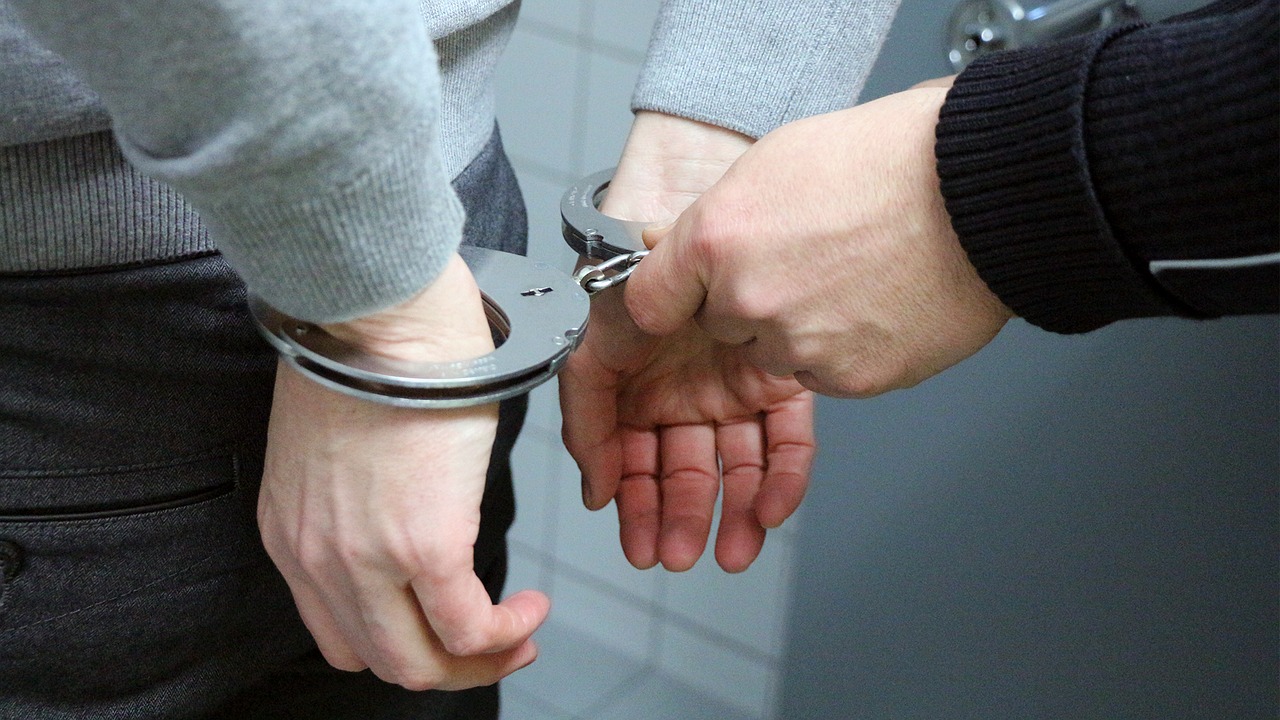A simple guide to formal interviews, including who can conduct them, what to expect on the day, and whether you need a solicitor to be present during your interview.

What is a formal interview?
Formal interviews are conducted under specific conditions and can lead to the gathering of admissible evidence related to an offence. It can also be known as being interviewed ‘under caution’.
Anyone suspected of an offence can be interviewed under caution. This does not mean you will face prosecution. However, it is important that you handle the interview properly to avoid inadvertently incriminating yourself.
While formal interviews are routinely conducted by the police (often under arrest), the power to interview under caution is also held by a number of prosecuting agencies, including:
- The RSPCA
- The Environment Agency
- The Health and Safety Executive (HSE)
- The Driver and Vehicle Standards Agency (DVLA)
Many people are surprised when it is not the police or local authorities that want to speak with them; even more so when they discover that some of these agencies have the power of arrest. Notice of intention to interview by any potential prosecutor must be taken seriously.
What Should I Expect during a Formal Interview?
Unless you are already under arrest (in which case you will be escorted by an officer to a police station immediately), you will typically be given notice of a formal interview by letter or phone. It is usually possible to rearrange the date and time of an interview, however this process is more straightforward with the involvement of a solicitor.
During the interview itself, the exact procedure depends on the agency by whom the interview is being conducted, and whether it is taking place under arrest or on a voluntary basis. However, there are a number of requirements with which any interviewer must comply, including allowing access to a solicitor before the interview begins, and issuing a formal caution at the start.
There is no set time limit for an interview, and some can take many hours depending on the complexity of the case and the extent of cooperation of both the interviewer and the suspect.
At the end of the interview, if the suspect is not already under arrest, they may be arrested, released with no further action, or released but kept under investigation and/or notified of a court hearing in due course. If the subject is already under arrest, they may be bailed for further enquiries, bailed for court, or kept in custody.
Do I Need a Solicitor Even if I Haven’t Done Anything Wrong?
People often think they do not need legal representation during a formal interview, particularly if they feel that they have not done anything wrong. However, regardless of fault, there are a number of things that a solicitor can help with before, during and after an interview to ensure that your case is presented and resolved accurately, fairly and effectively.
Before your interview, a solicitor can ensure that any prosecuting agency adheres to all legal requirements. This includes ‘disclosure of evidence’ – a formal process during which the basis for suspecting a client is put forward either verbally or in writing. While all interviewees are entitled to disclosure before an interview, most people are either unaware of this right completely, or do not know what to ask for.
Following disclosure, a solicitor can speak to you alone ahead of the interview, to discuss the evidence and explain any obligations held by the prosecuting agency. Your solicitor will also advise you on how best to respond to the interview depending on your situation – whether you should answer the questions, withhold comment entirely, or prepare a written statement in lieu of a verbal response.
During the interview itself, your solicitor can also help by intervening if any questions are unfair or ambiguous, or if anything important is forgotten, and can ensure that you are treated well and fairly throughout.
Finally, after your interview, a solicitor can help ensure that the case is resolved quickly. Investigations can otherwise drag on for months or even years – a very long time to wait to find out if you are likely to face criminal charges.
Find out more about our criminal defence and advocacy services
- UK Motoring Offence Stats: A Closer Look at the Numbers - October 26, 2023
- Are Sat Navs Excuses for Motoring Offences? - October 4, 2023
- Is divorce always 50/50? - August 2, 2023

